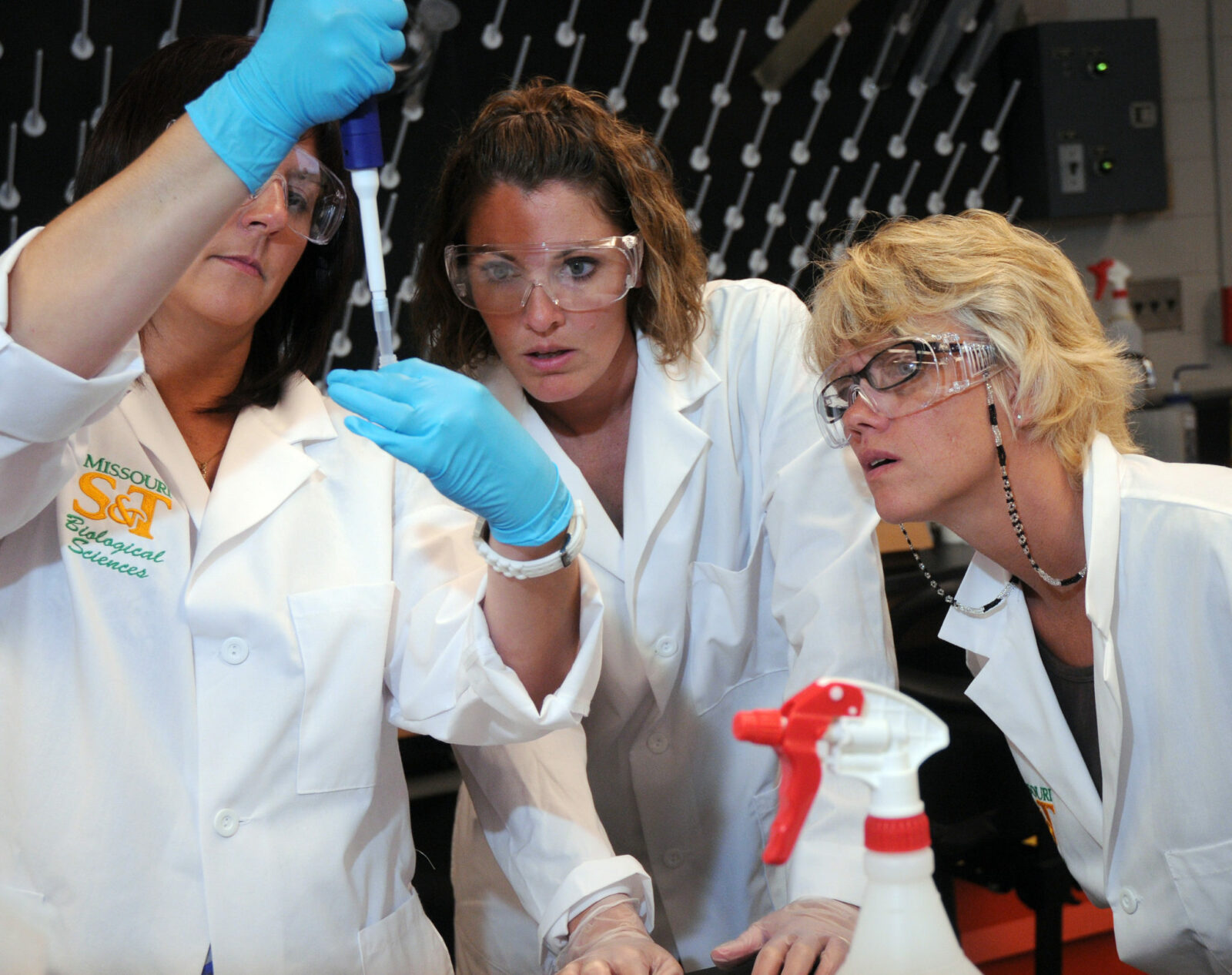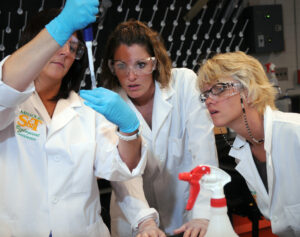Missouri S&T to offer biomedical engineering minor degree program in fall 2015
Posted by Joe McCune

 A new biomedical engineering minor at Missouri University of Science and Technology will allow students to blend traditional engineering techniques with biological sciences and medicine to improve the quality of human health.
A new biomedical engineering minor at Missouri University of Science and Technology will allow students to blend traditional engineering techniques with biological sciences and medicine to improve the quality of human health.
According to the American Society for Engineering Education, biomedical engineering is one of the fastest-growing engineering fields at U.S. universities. The U.S. Bureau of Labor Statistics in 2014 rated biomedical engineering as the most valuable major in terms of salary and career prospects. Biomedical engineers bridge the engineering and medical fields, and they can find jobs in industry, in hospitals, in research facilities, in academia and with governmental agencies.
The minor is open to undergraduates from the College of Arts, Sciences, and Business, and the College of Engineering and Computing. To get the minor degree, a student should complete at least 15 hours of coursework that includes a junior-level required course – Introduction to Biomedical Engineering – and four elective courses selected from an approved list.
BME is a broad inter-disciplinary field that applies engineering principles and methods to medicine and biology with the goal of improving the quality and effectiveness of patient care. BME includes areas such as biomaterials; biomechanics; cell, tissue and genetic engineering; biosensors; biomedical imaging; rehabilitation engineering; orthopedic bioengineering; and clinical engineering.
A minor in biomedical engineering, together with a bachelor’s degree in engineering or science, positions Missouri S&T students to pursue several options: admission to graduate schools that offer biomedical engineering; admission to medical or dental schools; or work in the biomedical industry.
The minor degree program is housed in the department of materials science and engineering and is run by a coordinating committee composed of Dr. Len Rahaman, professor of materials science and engineering (chair), Dr. Nuran Ercal, professor of chemistry, Dr. Xian Huang, professor of mechanical and aerospace engineering, Dr. Yue-Wern Huang, professor of biological sciences, Dr. Chang-Soo Kim, professor of electrical and computer engineering; and Dr. David Westenberg, professor of biological sciences, and chemical and biochemical engineering.
Leave a Reply